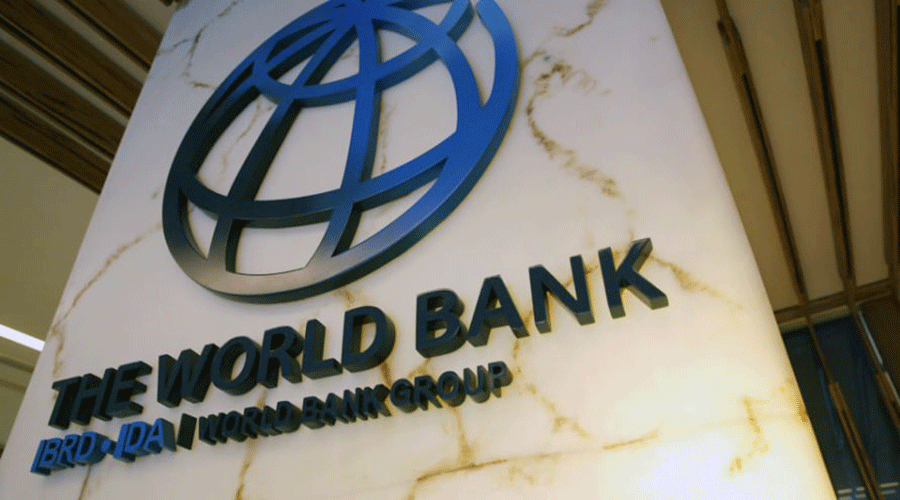The World Bank Group’s inaugural 2024 Business Ready report provides a comprehensive analysis of the business climate across 50 economies, revealing a stark contrast between regulatory frameworks and public service provisions. Despite an average score of 65.5 out of 100 for regulatory quality, these economies achieved only a 49.7 average concerning public services vital for business compliance. This disparity emphasizes the ongoing implementation gaps that hinder businesses, workers, and broader society from experiencing the full advantages of a supportive business environment. The report suggests that while progress is necessary, most economies lag significantly in providing essential public services that facilitate a thriving business landscape.
Indermit Gill, World Bank Group’s Chief Economist, articulates the pressing need for conducive investment climates to stimulate economic healing amidst challenges like demographic shifts, debt, and geopolitical discord. He argues that the ingenuity of private enterprises can significantly enhance economic conditions if provided with the right regulatory environment. The Business Ready report aims to arm governments with the necessary insights to foster growth, thereby allowing businesses to flourish while ensuring sustainable practices and benefiting shareholders, consumers, and workers alike. The report represents a paradigm shift from the previous Doing Business project by implementing a balanced and transparent evaluation methodology.
Business Ready focuses on crucial aspects of the business environment beyond regulatory burdens. It examines not just the entry and operational hurdles that firms encounter, such as registration times and labor compliance but also assesses the quality of regulations. For instance, it evaluates the necessity for workplace safety in labor laws and the rigor of identification verification for entrepreneurs starting businesses. Moreover, the report emphasizes the importance of robust public services in enabling businesses to meet regulatory demands seamlessly. Insights related to tax payment facilitation, transparency in public databases, and ease of credit access contribute to a clearer understanding of how governmental support influences the operational landscape.
The report underscores the wide variance in practical conditions facing businesses across the different economies examined. On average, businesses experience significant delays in registration, with domestic firms taking between three to 80 days and foreign firms extending that timeline even further. Additionally, electrical outages and length of dispute resolutions in courts significantly affect businesses’ operational efficiency. For example, while some regions face up to 22 outages monthly, the judicial dispute resolution can extend up to five years, adversely impacting business stability and predictability. The extensive data provides a basis for informed decision-making for businesses and a framework for government policy calibration to foster a healthier economic environment for all stakeholders involved.
Richer economies generally perform better in terms of business readiness, yet the report finds that low- and middle-income nations can cultivate strong business climates as well. Examples from Rwanda, Georgia, Colombia, Vietnam, and Nepal showcase how these countries excel in various dimensions of practical regulation, quality public services, and system efficiency. This suggests that economic wealth is not a mandatory precursor for creating a beneficial business environment; rather, strategic regulatory efforts can yield significant improvements across diverse income levels.
Finally, the transparency measures incorporated in the Business Ready project bolster its data integrity, ensuring that all collected information, including raw data and score computations, are publicly accessible. Users can verify the report’s findings thanks to available toolkits that enable replication of results. The commitment to transparency aims to strengthen trust among stakeholders, ensuring that business environments become increasingly conducive for growth and development. Overall, the Business Ready report outlines a clear roadmap for enhancing the quality of business environments globally, driving home the necessity for both effective regulations and supportive public services.














